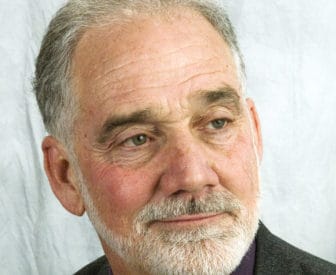COMMENTARY: The most onerous and inescapable aspect of representative government is that the governed must surrender their control over their combined power and resources to politicians and public servants.

Mark Bralley
Ched MacQuigg
Except for manifestly feckless governmental conduct laws, and nearly as inconsequential open meeting and public records laws, the only thing the people have ever had to protect their interests has been trust — trust that those they elect, appoint and hire will act in their interests, but with the entirely predictable result: “power corrupted; absolute power corrupted absolutely.”
At this point, in the face of human history and any understanding at all of basic human nature, how is it anything but mind-numbingly naïve to expect human beings to not yield to temptation; to not take advantage of the lack of transparency?
If trust has been lost, then there is only transparency left to protect our interests.
There needs to be no argument made that meetings where the people’s power is being wielded, where the people’s resources are being spent, should be open to the public. The question is will the meetings be open, and what happens if they aren’t?
A more important question is: What are you going to do when by their words or their deeds they make it clear to you that they have no intention of letting you watch their little meetings in secret?
Who are you willing to follow, where are you willing to go, what are you willing to do, to stand in defense of your interests?
Unfortunately, human nature and history favor no one, nowhere and nothing.
Ched MacQuigg is a retired shop teacher and blogger. He has been a longtime advocate of honest accountability to meaningful standards of conduct for politicians and public servants — in particular for the leadership of the Albuquerque Public Schools.
